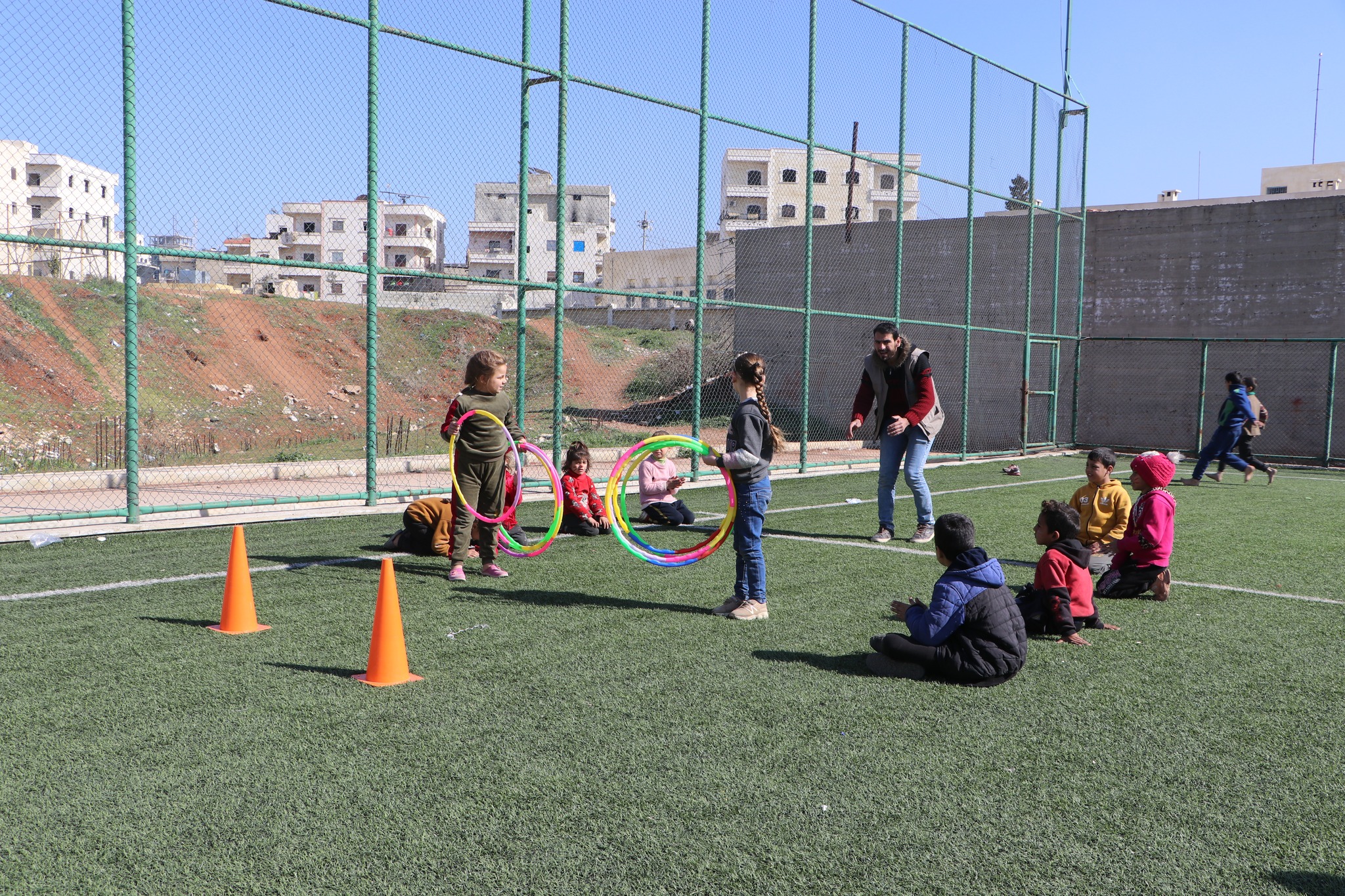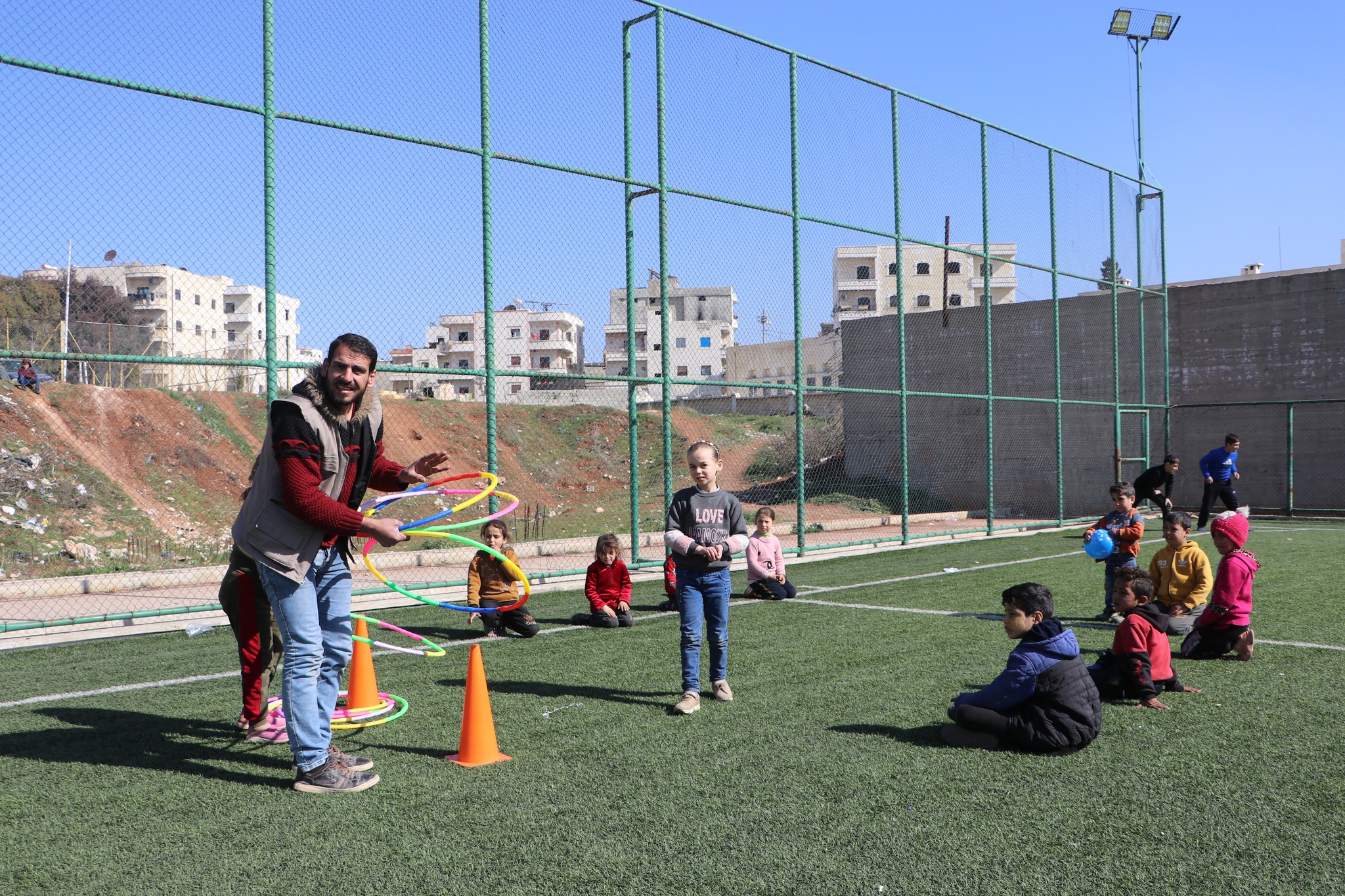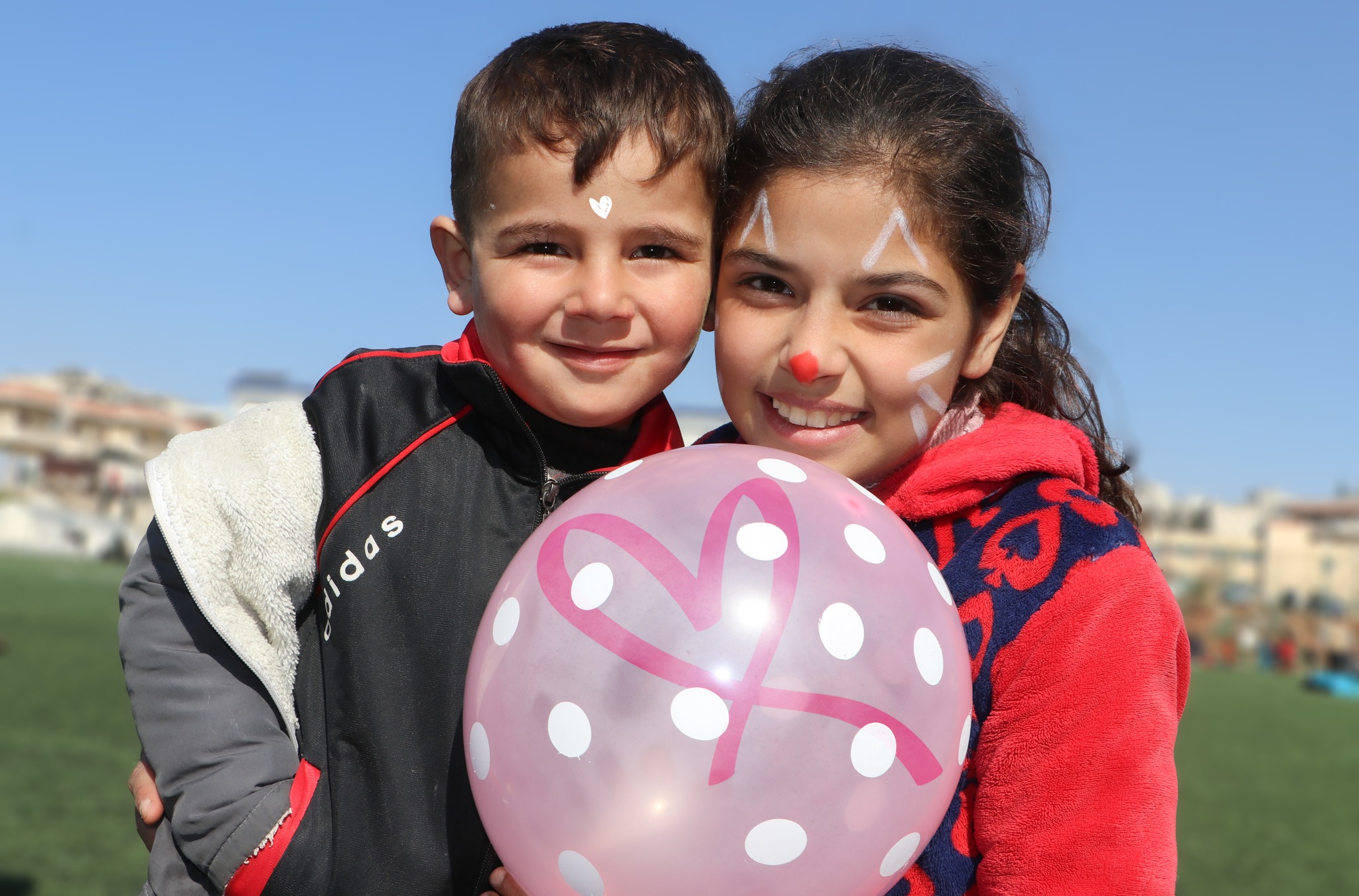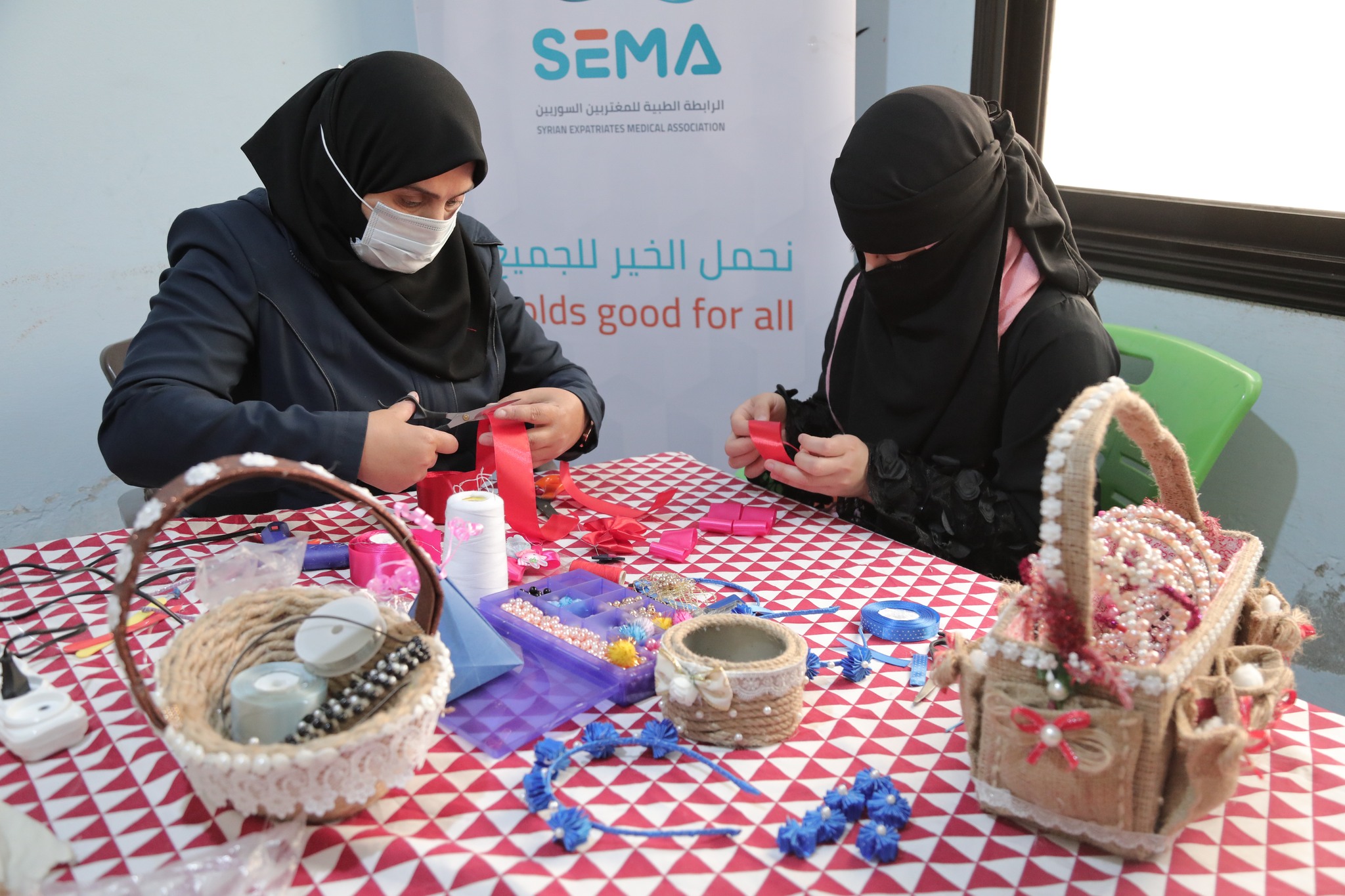Parents usually easily identify their children’s physical needs, like their healthcare checkups, nutritious food, warmth and cleanliness, and sleeping efficiency.
However, there are three aspects of a child’s needs in order to grow up in the best healthy way.
A child’s physical, mental and emotional needs are all critical for healthy growth.
Mental and emotional needs are essential for children to think clearly, develop socially, develop self-esteem and learn new skills.
Basics for a Child’s Good Physical Health
There are several things you can do to help promote good physical health in children:
- Provide a healthy living environment as possible.
- Provide adequate shelter and sleep.
- Encourage exercising and regular physical activities.
- Provide immunizations and good hygiene.
- Stay up to date with their healthcare routine.
Basics for a Child’s Good Mental Health
There are several things you can do to help promote good mental health in children:
- Unconditional love from family.
- Promot self-confidence and high self-esteem.
- Encourage a positive attitude.
- Provide a supportive environment.
- Encourage social connections.
- Encourage a healthy lifestyle.

Listen to Your Child
It is essential to listen to your child and allow them to express their thoughts and feelings.
This helps them feel heard and understood and can also help you better understand their perspective and needs.
Here are some tips for effectively listening to your child:
- Create a safe and supportive environment for communication. Ensure your child feels comfortable talking to you and you are not judging or criticizing them.
- Show genuine interest in what your child has to say. Pay attention to their words and body language, and ask questions to clarify their thoughts and feelings.
- Avoid interrupting or finishing their sentences for them. Let your child finish speaking before responding.
- Validate your child’s emotions. Let them know it’s okay to feel the way they do, even if you disagree with their perspective.
- Try to see things from your child’s perspective. Empathy is an important skill to develop, and it can help you better understand and respond to your child’s needs.
By actively listening to your child, you can build trust, strengthen your relationship, and better support your child as they grow and develop.
Respect the Child’s Feelings and Needs
Respecting your child’s feelings and needs is essential, as this helps them feel valued and supported. When children feel respected, they are more likely to have a positive self-image and be more confident in expressing themselves.
Here are some tips for respecting your child’s feelings and needs:
- Acknowledge and validate your child’s emotions. Let them know it’s okay to feel the way they do, even if you disagree with their perspective.
- Show empathy and try to understand your child’s perspective. This can help you better respond to their needs and concerns.
- Respect your child’s boundaries. Give them space and privacy when needed, and be mindful of their personal preferences.
- Encourage your child to express themselves and make their own decisions. This helps them develop autonomy and problem-solving skills.
- Support your child in pursuing their interests and passions. This helps them feel valued and empowered.
By respecting your child’s feelings and needs, you can foster a positive and supportive relationship and help your child develop confidence and self-esteem.
Encourage Children to Play
Play is a vital aspect of children’s development and learning. It allows children to explore, learn, and express themselves fun and engagingly. Encouraging children to play can have many benefits, including:
- Promoting physical development and coordination. Play helps children develop their gross and fine motor skills, as well as their balance and coordination.
- Enhancing cognitive development. Play helps children learn about the world around them and develop problem-solving skills.
- Supporting social and emotional development. Play allows children to practice social skills, such as communication, cooperation, and conflict resolution. It also helps them learn to regulate their emotions and express themselves.
- Encouraging creativity and imagination. Play gives children the opportunity to be creative and use their imagination.
Encourage children to play by providing various play materials and a safe and supportive environment. It’s also helpful to set aside dedicated playtime and join in on the fun whenever possible. By encouraging children to play, you can support their development and help them learn and grow in a fun and engaging way.
Be Your Child Playmate
Playing with your child can be a great way to bond and spend quality time together. It can also provide many benefits for your child’s development and learning.
To be a playmate for your child, it’s important to be present and engaged in the play activity. Show genuine interest in what your child is doing, and be open to their ideas and suggestions.
You can also provide guidance and support as needed, but try to avoid directing the play too much. By being a playmate for your child, you can support their development and help them learn and grow in a fun and engaging way.
Provide Opportunities for Creative Expression
There are many ways to encourage creative expression and support children in finding outlets for their creativity. Like …
- Providing materials: give your child an access to a range of materials they can use to create, such as paints, markers, clay and paper.
- Encourage exploration: encourage your child to try different materials, different methods to create, and new ideas to experiment.
- Create a supportive environment: a cozy space where your child feels comfortable trying new things.
- Encourage collaboration: Creative expression can be enhanced through collaboration with others. Encourage your child to work together with their peers.
- Encourage play: Play is an important part of creative expression, so encourage your child to have fun through their daily activities.
- Support self-expression: Encourage your children to express themselves in their own unique way, and support them in finding ways to share their creative work with others.

Teach Social Skills and Relationships
Teaching children social skills and relationships is an important part of parenting and can have a lasting impact on a child’s development.
Remember, children learn by watching the people around them, so it’s important to model good social behavior for your child. This includes using kind words, showing empathy, and respecting others’ feelings and boundaries.
Here are some tips for teaching children social skills and relationships:
- Model good social behavior.
- Encourage communication in a healthy way.
- Practice active listening.
- Help your child learn to apologize.
- Encourage making and maintaining friendships.
- Teach conflict resolution skills by teaching your child how to resolve conflicts in a healthy way.
Overall, the key to teaching children social skills and relationships is to be a good role model and to provide opportunities for your child to practice and develop their skills.
Refugee Children’s Emotional and Psychological Needs
Children in conflict-ridden zones and developing countries are in need of emotional and psychological help, which could be met by several measures including:
- Improving their safety and fostering their social and emotional well-being in a secure, positive environment.
- Identifying the cases of harm and abuse among children and referring them to specialized services to alleviate their consequences.
- Developing community-care services to enhance affected children and their families’ coping mechanisms with the adversities they faced.
- Introducing child protection services that involve family counseling, social and mental care support, legal aid, and financial assistance to mention a few.
SEMA’s Measures to Help Improve Refugee Children’s Psychological status
SEMA’s has an influential role in mitigating the emotional and mental repercussions on children who were psychologically affected by the traumas of war. These measures include:
- Providing mental and emotional support for children with post-traumatic stress disorders caused by war experiences.
- Conducting awareness sessions for the affected families to educate them on the best upbringing approaches that fulfill their children’s emotional needs and provide them with mental support.
- Launching emotional and psychological programs to effectively help children overcome the fears and insecurities caused by the war.
Therefore, we call upon all of you to support us through your donations in our mission and expand our activities aimed at improving the psychological status of refugee children.
FAQ
How do You Support Emotional and Psychological Development in Children?
You can show your support by:
– Show love and affection.
– Encourage self-expression.
– Provide a safe and supportive environment for your child.
– Encourage independence.
– Help your child develop coping skills.
– Provide opportunities for social interaction.
How can We Help Children with Emotional Needs?
We can help our children with their emotional needs by …
– Teaching them about feelings.
– Explain feelings and behaviors.
– Show acceptance.
– Teach emotion regulation.
– And avoid reinforcing outbursts.
What are the 5 Emotional Needs of a Child?
1. Respect.
2. Acceptance.
3. Importance.
4. Security.
5. Inclusion.
What are Psychological and Emotional Needs?
The need for Attachment.
The need for Control/Orientation.
The need for Pleasure/Avoidance of Pain.
The need for Self-Enhancement.



